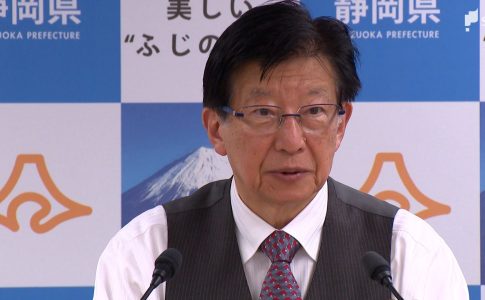The recent depreciation of the yen has ignited a multifaceted discussion about its consequences and the evolving landscape of Japan’s economy. While this depreciation has certainly bolstered the export sector and improved corporate performance, it has also raised concerns about the impact on the average citizen’s purchasing power. Japan’s persistent structural trade deficits and its significant reliance on government spending have provided a safety net against fiscal collapse. However, this approach has come at the cost of eroding the credibility of its currency on the global stage.
The currency markets bear the brunt of these adjustments, leading to the continuous depreciation of the yen. While this may benefit exporters and some sectors of the economy, it prompts a broader reflection on the nation’s economic strategy. To effectively navigate this evolving landscape, Japan can consider a strategic shift towards actively earning foreign currency, with a strong emphasis on overseas investments.
Active investment strategies, involving the careful selection of companies that not only thrive on the global stage but also contribute to Japan’s growth, have become increasingly attractive. This contrasts with passive investing, which might have been favored in more stable times but may now seem less compelling.
Beyond economic strategies, the growing interest in Japan from a global perspective signifies a potential role for the country in shaping the evolving world order. Japan’s reputation for a stable economic structure and its unwavering commitment to technological advancement have become valuable assets in a world marked by uncertainty and volatility.
As Japan embarks on this new era, it becomes imperative to prioritize investments in companies that are well-positioned to contribute to global growth and equitable distribution. Embracing a rekindled spirit that envisions Japan as a burgeoning player on the world stage can provide the necessary guidance to lead the nation towards a prosperous and sustainable future.
In conclusion, Japan’s economic transformation in the face of a depreciating yen demands a shift towards proactive economic strategies and global engagement. This dynamic shift, coupled with strategic investments in forward-thinking companies, can help Japan not only weather the challenges posed by currency fluctuations but also thrive in the evolving global landscape. As the world continues to change, Japan’s role and influence should not be underestimated, and the nation should seize the opportunity to once again become a global economic powerhouse.












Leave a Reply